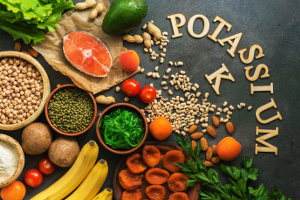Antioxidants and their role in sperm cell quality
 Impaired sperm quality if one of the major reasons for involuntary infertility. Studies show that oxidative stress, an imbalance between harmful free radicals and protective antioxidants, causes damage to sperm cells. In a review article that is published in Reproductive Sciences, a group of researchers look closer at different molecular mechanisms and how vitamins C, E, selenium, zinc, and coenzyme Q10 plus other antioxidants protect the vulnerable sperm cells.
Impaired sperm quality if one of the major reasons for involuntary infertility. Studies show that oxidative stress, an imbalance between harmful free radicals and protective antioxidants, causes damage to sperm cells. In a review article that is published in Reproductive Sciences, a group of researchers look closer at different molecular mechanisms and how vitamins C, E, selenium, zinc, and coenzyme Q10 plus other antioxidants protect the vulnerable sperm cells.
Read more about antioxidant their role in sperm cell quality
- Created on .








 Both diet and lifestyle affect your risk of developing liver cancer. According to a large population study published in Frontiers in Nutrition, regular intake of fish oil lowers your risk of contracting the disease. In fact, it seems that fish oil has a number of different cancer-preventing mechanisms that even reduce the risk of other types of cancer.
Both diet and lifestyle affect your risk of developing liver cancer. According to a large population study published in Frontiers in Nutrition, regular intake of fish oil lowers your risk of contracting the disease. In fact, it seems that fish oil has a number of different cancer-preventing mechanisms that even reduce the risk of other types of cancer.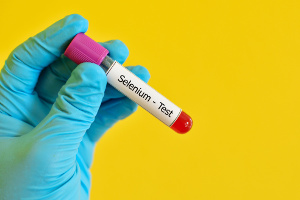 The corona crisis has shed new light on the importance of having a strong immune defense, one that protects us against virus infections in the long run. Selenium plays a vital role for a number of different reasons but, unfortunately, there is widespread deficiency which increases the risk of infections and related complications. In a new review article that is published in International Journal of Molecular Sciences, the authors look closer at selenium’s role in connection with different types of virus infections such as influenza, HIV, and hepatitis with particular focus on COVID-19. The purpose of their article is to inform about new nutritional strategies that may contribute to a strong and well-functioning immune defense – mainly when it comes to COVID-19 and virus types that tend to mutate all the time.
The corona crisis has shed new light on the importance of having a strong immune defense, one that protects us against virus infections in the long run. Selenium plays a vital role for a number of different reasons but, unfortunately, there is widespread deficiency which increases the risk of infections and related complications. In a new review article that is published in International Journal of Molecular Sciences, the authors look closer at selenium’s role in connection with different types of virus infections such as influenza, HIV, and hepatitis with particular focus on COVID-19. The purpose of their article is to inform about new nutritional strategies that may contribute to a strong and well-functioning immune defense – mainly when it comes to COVID-19 and virus types that tend to mutate all the time.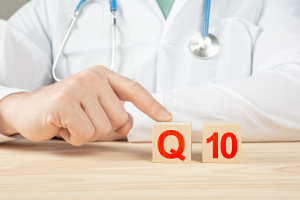
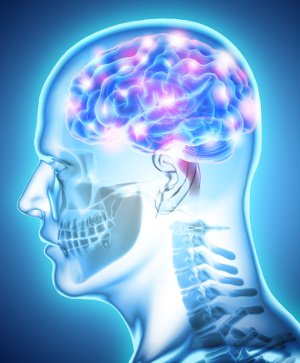 A well-functioning memory is vital for our quality of life. With the increasing number of seniors, however, the dementia rate is on an incline. According to a study that is published in Clinical Nutrition, it looks as if a combination of fish oil and antioxidants such as lutein and zeaxanthin may improve memory in elderly seniors. You can support your brain and memory on a daily basis by eating oily fish or fish oil supplements together with antioxidants from foods such as cabbage, spinach and other leafy greens, and eggs. Another important antioxidant is mezo-zeaxanthin that is found in certain fish and in fish skin.
A well-functioning memory is vital for our quality of life. With the increasing number of seniors, however, the dementia rate is on an incline. According to a study that is published in Clinical Nutrition, it looks as if a combination of fish oil and antioxidants such as lutein and zeaxanthin may improve memory in elderly seniors. You can support your brain and memory on a daily basis by eating oily fish or fish oil supplements together with antioxidants from foods such as cabbage, spinach and other leafy greens, and eggs. Another important antioxidant is mezo-zeaxanthin that is found in certain fish and in fish skin.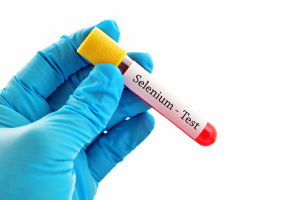 It is estimated that one billion people worldwide lack
It is estimated that one billion people worldwide lack 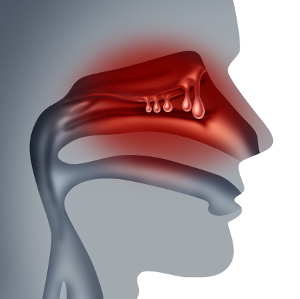 Nasal polyps are local growths that may cause runny nose, breathing difficulty, reduced sense of smell, and other symptoms. The polyps are a result of chronic inflammation that can have its roots in a number of causes. According to a new study that is published in Clinical Epidemiology and Global Health, patients with nasal polyps have lower levels of
Nasal polyps are local growths that may cause runny nose, breathing difficulty, reduced sense of smell, and other symptoms. The polyps are a result of chronic inflammation that can have its roots in a number of causes. According to a new study that is published in Clinical Epidemiology and Global Health, patients with nasal polyps have lower levels of  The winter period is the time of year where we typically lack
The winter period is the time of year where we typically lack  It is common knowledge that too much sun exposure can cause skin cancer. On the other hand, lack of sunlight is also a problem. If you expose yourself to plenty of sunlight during your childhood years it lowers your risk of developing multiple sclerosis later in life, according to a study from University of California and Australian National University. The reason why sunlight protects against multiple sclerosis and a number of other illnesses is that the sun is our most important source of
It is common knowledge that too much sun exposure can cause skin cancer. On the other hand, lack of sunlight is also a problem. If you expose yourself to plenty of sunlight during your childhood years it lowers your risk of developing multiple sclerosis later in life, according to a study from University of California and Australian National University. The reason why sunlight protects against multiple sclerosis and a number of other illnesses is that the sun is our most important source of 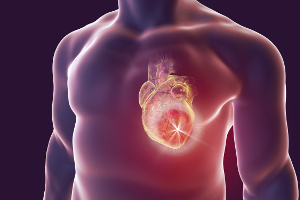
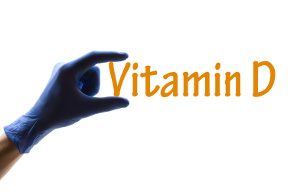 Inflammatory bowel diseases (IBD) and irritable bowel syndrome (IBS) are common chronic bowel diseases. Earlier studies show that supplementation with
Inflammatory bowel diseases (IBD) and irritable bowel syndrome (IBS) are common chronic bowel diseases. Earlier studies show that supplementation with  Apparently so.
Apparently so. 